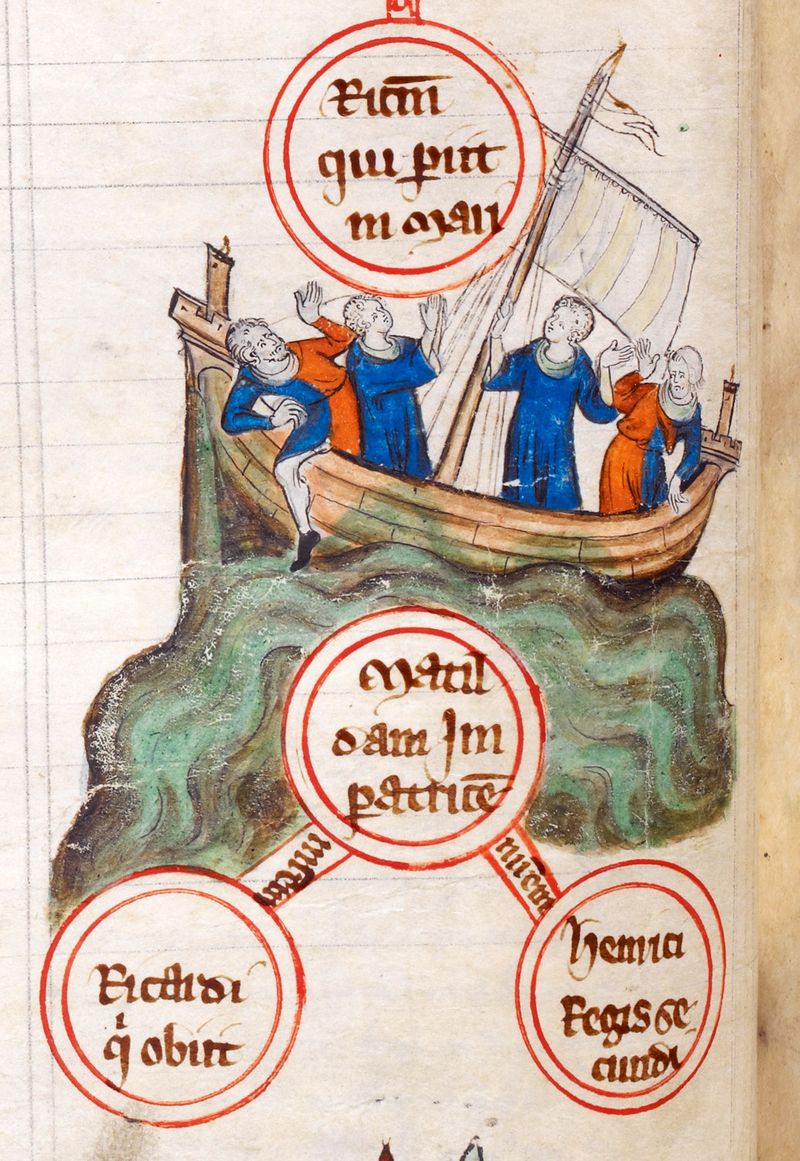Here is the list of the 35 names sought for detention by the Thai Army.
This has been done in a rush but I've included what I know about them - if you know more add as a comment with the corresponding number.
As far as I can tell there are NO "Democrat" Party members included on this list.
1. Mr. Krieng Kantinan
2. Pol. Lt. Gen Chalong Sonjai
3. Pol. Gen Pracha Phomnok - former minister of justice
4. Mr. Phipatchai Paiboon
5. Mr. Sonthi Limthongkul - former leader of PAD movement
6. Mr. Worachet Phakkirat - academic, lawyer and member of pro-democracy and progressive Nitirat group of law experts and academics
7. Mr. Phetchawat Wattanaphongsirikul - leader of Red Shirts in Chiang Mai
8. Pol Prasit Chaiyasrisa - former Pheu Thai MP
9. Mr. Somsak Thepsuthin - former Pheu Thai MP
10. Mr. Suwat Liptaphanlop - former Deputy PM to Thaksin Shinawatra
11. Mr. Anuthin Chanwirakul - former leader of Bhum Jai Thai Party.
12. Mr. Suthin Khlangsaeng
13. Mr. Surachai Tanwattananusorn - Also known as Surachia Sae-dan. Former lese majeste prisoner and political activist.
14. Mr. Sunai Chulaphongsathorn - former Pheu Thai MP and pro-democracy activist
15. Mr. Sa-gnuan Phongmanee
16. Mr. Pavin Chatchawalpongpan - academic, not in country
17. Mr. Thanapol Eawsakul - editor of pro-democracy Same Sky magazine.
18. Mr. Nat Satthayapornpisut - former lese majeste prisoner
19. Mr. Jakraphan Borirak - pro-democracy activist and Red Shirt radio host.
20. Mr. Thanthawut Thaweewatlodomkul - former lese majeste prisoner
21. Mr. Warawut Thanangkorn
22. Mr. Somsak Jiamthirasakul - Thai academic and historian
23. Mr. Suraphak Phuchaisaeng - former lese majeste prisoner and pro-democracy activist
24. Mr. Suraphot Thaweesak
25. Mr. Phanthiwa Phumiprathet
26. Chanin Klaiklung - Air force officer awaiting trial for lese majeste.
27. Mr. Nitiwat Wanasiri
28. Mr. Saran Chuichai
29. Miss Suda Rangkuphan - Thai academic and pro-democracy political activist
30. Mr. Traiwong Sinsuppon
31. Mr. Chai-anan Phaisithong
32. Mr. Chut (?) Yonoknakphan
33. Mr. Wat Wanlayangkul - author and writer
34. Miss Saotri Suksri - member of pro-democracy and progressive Nitirat group of law experts and academics
35. Mrs. Sutsa-nguan Sutthison - Thai academic and pro-democracy political activist










